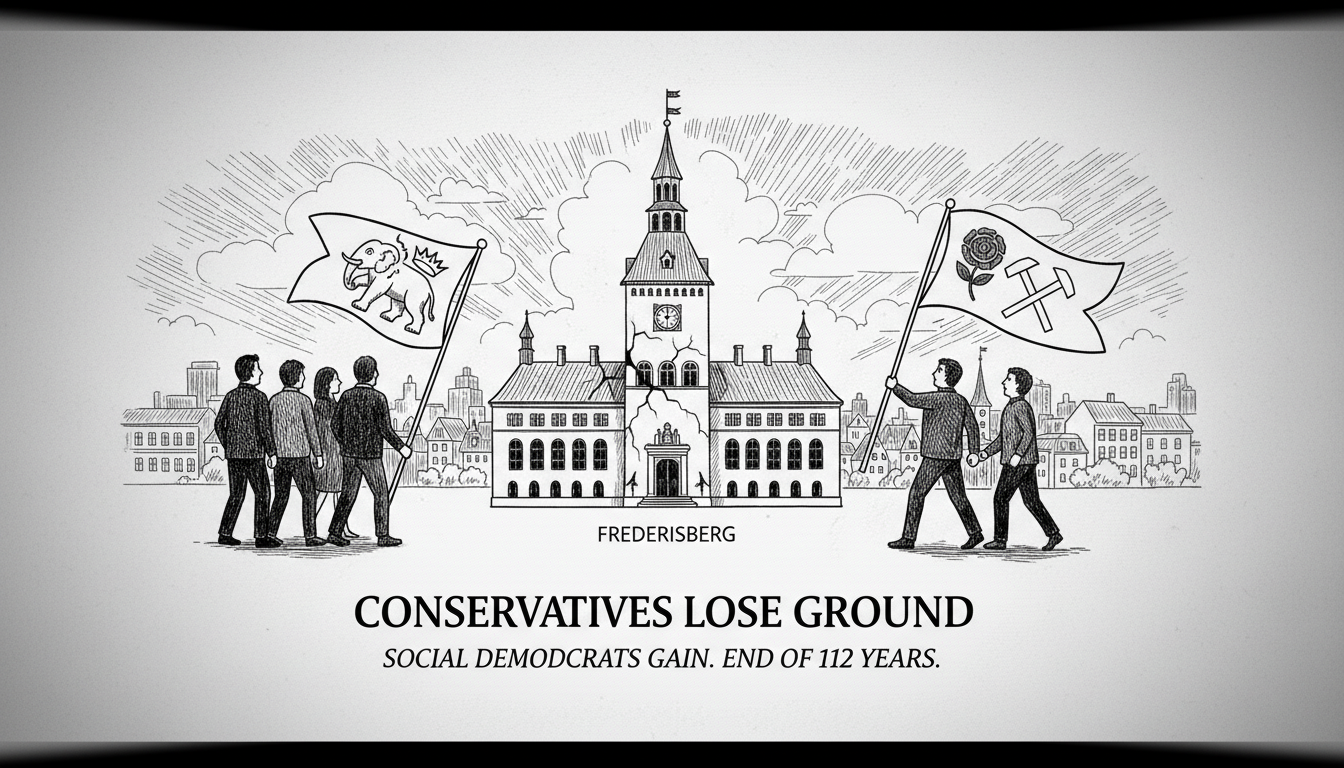The Conservative People's Party remains the largest political force in Frederiksberg Municipality despite losing support. Recent election results show the party facing setbacks while maintaining its leading position. This affluent Copenhagen suburb has long been a conservative stronghold, making these shifts particularly noteworthy.
Social Democrats gained ground in the latest voting, becoming the second-largest party. The party has held the mayor's position since 2022. Voters in Frederiksberg have demonstrated changing preferences in this densely populated urban municipality.
A red-green coalition achieved a majority in the 2021 election, ending 112 years of conservative rule. This marked a historic political transformation for the area. Social Democrat Michael Vindfeldt became mayor following this coalition victory.
Frederiksberg represents an interesting case in Danish local politics. The municipality functions as an enclave completely surrounded by Copenhagen yet maintains separate governance. This unique status often creates distinct political dynamics compared to neighboring areas.
Danish local elections occur every four years, with municipalities handling schools, elderly care, and local planning. The Conservative Party's dominance in Frederiksberg dated back to the early 20th century, making the 2021 power shift particularly dramatic. Many political observers viewed the area as an impenetrable conservative fortress.
The recent results suggest the red-green coalition maintains stability while conservatives work to regain lost support. Voter behavior in affluent urban areas like Frederiksberg often signals broader national trends. These local election outcomes can influence party strategies for upcoming national contests.
International readers should understand that Danish local governments wield substantial authority over daily services. Municipal elections directly impact education quality, senior care standards, and urban development decisions. The political balance in communities like Frederiksberg shapes residents' immediate living conditions.
The Conservative decline in Frederiksberg local politics reflects changing urban voter priorities. Housing policies, environmental initiatives, and social services appear to be gaining importance among traditionally conservative voters. This evolution mirrors patterns seen in other European urban centers where center-right parties face new challenges.
What comes next for Frederiksberg's political landscape? The conservative party must reassess its approach to regain lost voters. Meanwhile, the governing coalition must deliver on its promises to maintain support. Local residents will be watching how these political changes translate into concrete improvements in community services and urban development.

